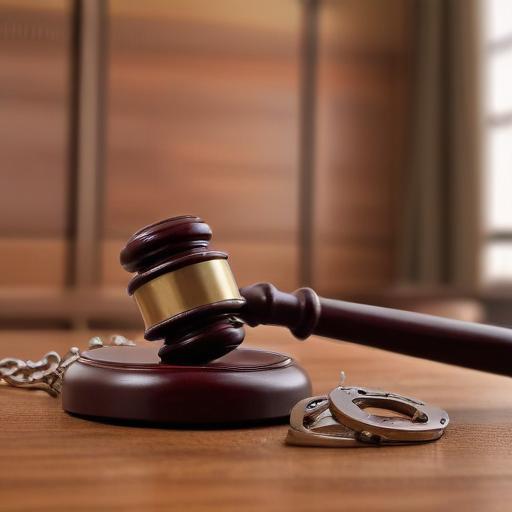President Donald Trump has exercised his pardon power this week, granting clemency to a diverse group of individuals with convictions spanning various crimes, including public corruption and firearm offenses. These pardons continue a trend in which Trump has streamlined the clemency process, often bypassing the traditional Department of Justice channels, favoring those with connections to his political circle.
Among the notable individuals receiving pardons is Michael Grimm, a former New York congressman who spent seven months in prison for tax evasion. Grimm has previously attracted attention not only for his political career but also for a contentious encounter with a reporter at the Capitol in 2014, during which he made threatening remarks.
Additional pardons awarded include former Connecticut Governor John G. Rowland, convicted in two federal cases, and rapper Kentrell Gaulden, widely known as NBA YoungBoy, who faced gun crime convictions. Helping highlight the complexity of individual cases, pardons were also granted to Kevin Eric Baisden, who overcame substance abuse issues and now seeks to graduate from law school, and Mark Bashaw, a military officer convicted for breaches related to COVID-19 compliance.
Trump has also commuted the sentences of several individuals recently, including notorious Chicago street gang co-founder Larry Hoover. Hoover, who had been serving life sentences, had long sought a commutation under the First Step Act, a landmark legislation signed by Trump. Despite his release from federal prison, Hoover remains under a lengthy state sentence for murder.
Other commuted sentences included those of venture capitalist Imaad Zuberi, who had connections to multiple political leaders and faced serious charges related to lobbying and foreign agents. Additionally, Trump granted full pardons to reality TV stars Todd and Julie Chrisley, who were sentenced for bank fraud and tax-related offenses.
The wave of pardons and commutations comes as Trump reviews many applications for clemency, indicating that more decisions may be forthcoming.
This development reflects a significant shift in the landscape of criminal justice, particularly for those who feel they have faced harsh penalties. With the right advocacy, there remains potential for many individuals to reclaim their lives and futures.
